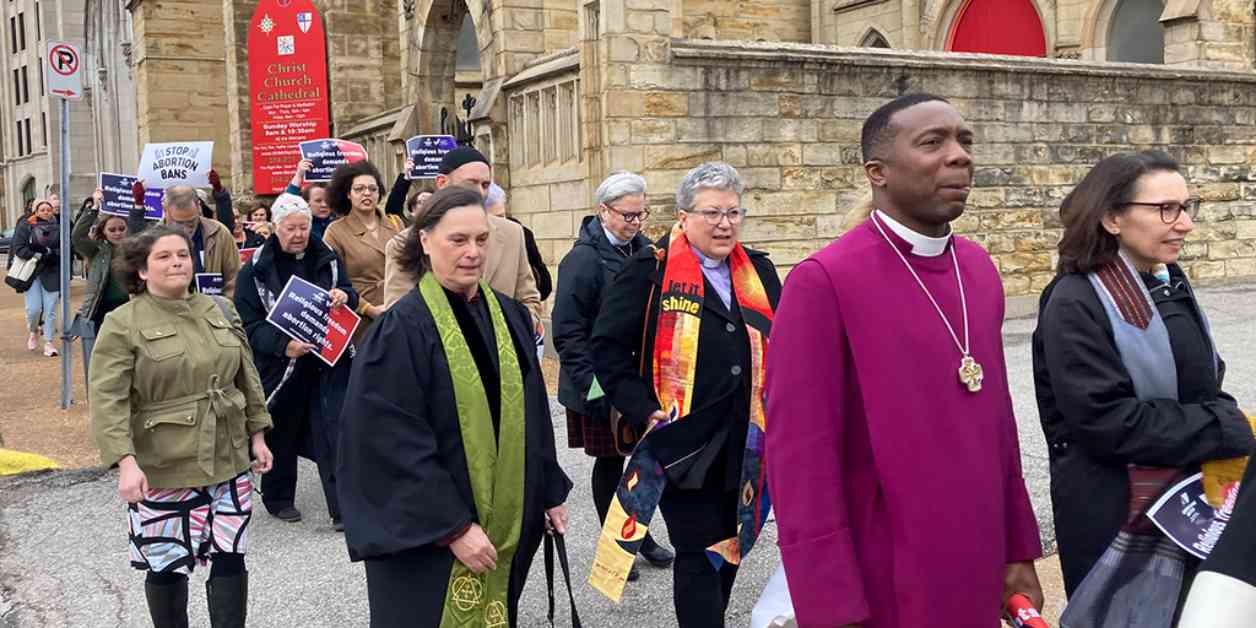A judge in Missouri recently ruled that state lawmakers who passed a bill restricting abortion access were not trying to impose their religious beliefs on everyone in the state, despite claims from religious leaders. The case brought by Christian, Jewish, and Unitarian Universalist leaders who support abortion access was rejected in Judge Jason Sengheiser’s ruling. These religious leaders sought a permanent injunction last year to prevent Missouri from enforcing its abortion ban and a declaration that provisions of the law violate the state Constitution.
One section of the statute that was challenged reads: “In recognition that Almighty God is the author of life, that all men and women are ‘endowed by their Creator with certain unalienable Rights, that among those are Life.'” Judge Sengheiser noted that there is similar language in the preamble to the Missouri Constitution, which states a “profound reverence for the Supreme Ruler of the Universe.” However, the judge ruled that the other challenged provisions do not contain any explicit religious language.
Sengheiser emphasized that while the belief that life begins at conception may not align with some religious beliefs, it is not necessarily a religious belief itself. The lawsuit was filed by the Americans United for Separation of Church & State and the National Women’s Law Center on behalf of the religious leaders. They expressed disappointment with the ruling, stating that Missouri’s abortion ban infringes on the separation of church and state, religious freedom, and reproductive freedom.
Attorneys representing the state argued that the law does not impose religious beliefs on others just because some supporters of the law oppose abortion for religious reasons. Judge Sengheiser pointed out that Missouri has a history of attempting to restrict and criminalize abortion, with statutes dating back over 100 years. He noted that the recent reversal of Roe v. Wade by the U.S. Supreme Court in 2022 allowed states to create their own abortion laws, leading to further regulations in Missouri.
Shortly after Roe v. Wade was overturned, then-Attorney General Eric Schmitt and Gov. Mike Parson, both Republicans, moved to enact a 2019 law prohibiting abortions except in cases of medical emergency. This law made performing or inducing an abortion a felony punishable by prison time and potential loss of medical licenses for doctors. However, women undergoing abortions are not subject to prosecution under the law.
Missouri, which already had strict abortion laws, experienced a significant decrease in the number of abortions performed following the enactment of the new law. Many residents began traveling to neighboring states like Illinois and Kansas to undergo the procedure. This shift reflects the ongoing debate and legal battles surrounding abortion rights in the United States.


















